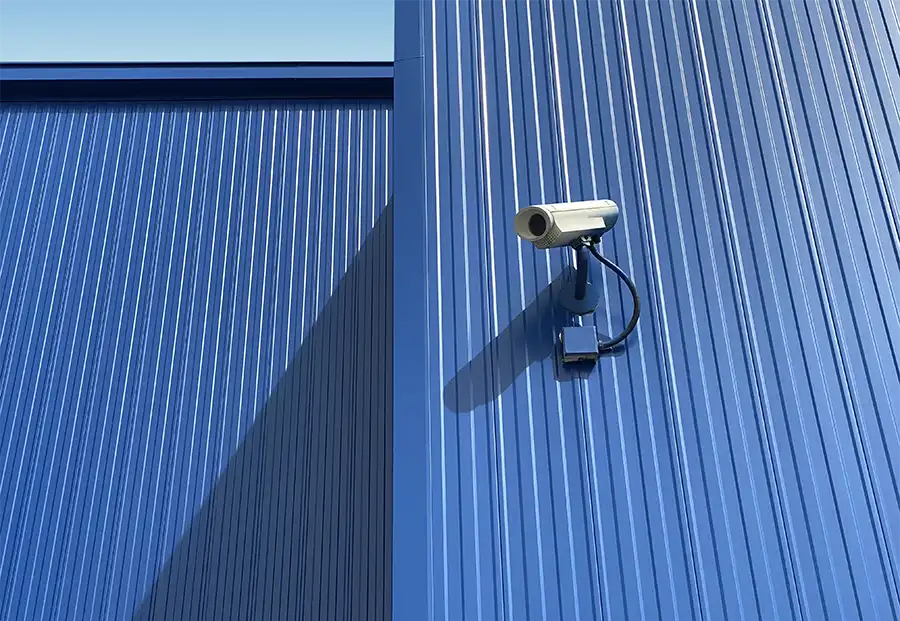Bonds for Security System Installers
Surety Bond Professionals is a family owned and operated bonding agency with over 75 years of experience. With access to a broad range of surety markets, our expert agents are ready to assist with all of the bond needs for security system installers. See our construction bonds for more information.

